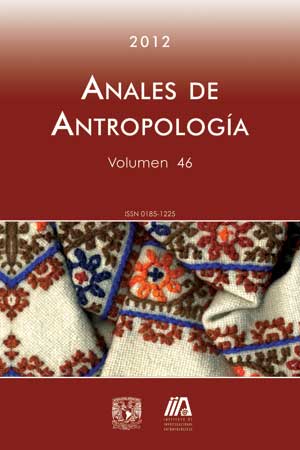anthropology students: social renegades or agents for development?
Main Article Content
Abstract
In Mexico’s public institutions of higher education, were anthropologist are trained, there are contrasting high levels of drop-out student with low levels of them actually completing their degrees. This phenomenon raises questions on the viability of this academic degree. Facing this situation, academic departments, programmes and scholars are continuously subject to evaluations. There has been, however, little interest in understanding the characteristics of anthropology students: What are their characteristics and what informs their career choice? How is this decision transforming their lives? What kind of professionals and citizens are anthropology programmes forming? Searching for an answer to these questions, in 2008, the project “Anthropology of anthropology; diagnostic and perspectives of Anthropology in Mexico”, promoted by the Mexican Network of Formative Institutions on Anthropology (Red mifa in Spanish), conducted an ethnographic research that aims at the identification of the characteristics and cultural profile of the students of the Colegio de Antropología Social de la Benemérita Universidad Autónoma de Puebla (Puebla, Mexico). It is claimed that these polymorphic individuals compress a double identity: they are members of juvenile sub-cultures and belong to specific social classes; however, they are, simoultaneously, part of an universitarian culture and members of a specific academic discipline.
Downloads
Article Details
Citas en Dimensions Service
Esta revista usa una licencia CC del tipo CC BY-NC-ND 3.0. Se maneja bajo el esquema de acceso abierto, con una licencia Creative Commons Attribution-NonCommercial-NoDerivs 3.0 Unported.
